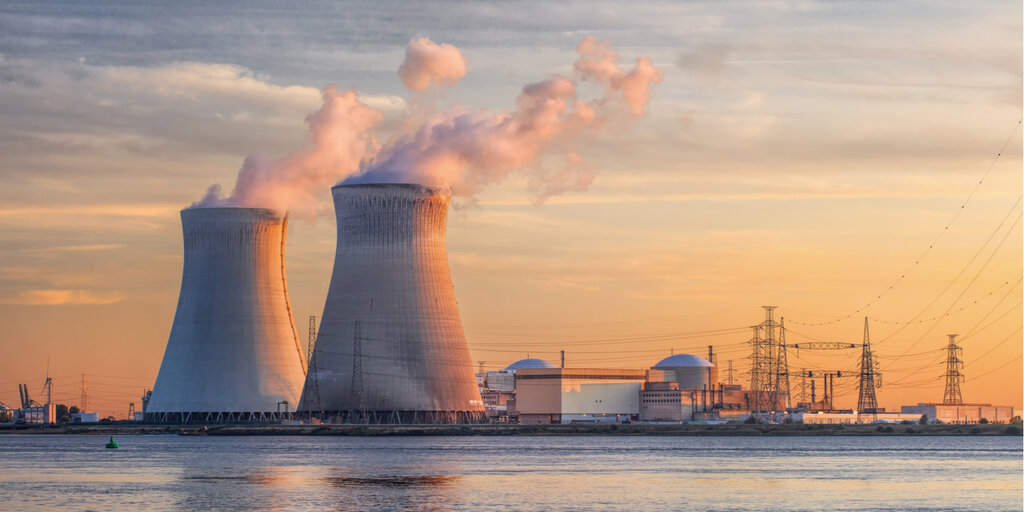
The emergence of artificial intelligence (AI) in recent years has brought both excitement and controversy. As AI garners attention and headlines, it has inadvertently shifted some of the public scrutiny away from Bitcoin. This shift in focus may have an unexpected benefit for Bitcoin’s public image.
One of the major concerns often associated with Bitcoin is its electricity consumption and the environmental harm it may cause. However, Hive Digital Technologies, a firm with a presence in both the AI and cryptocurrency industries, believes that such concerns will prove to be overblown for both AI and Bitcoin.
Adam Sharp, HIVE Research Director, pointed out that apocalyptic predictions about AI’s energy use are likely to fall flat, similar to the exaggerated predictions made about Bitcoin’s energy consumption in the past. He explained that as the technology matures, efficiency will improve dramatically, leading to more sustainable energy use.
Both Bitcoin and AI require energy-intensive computer equipment to operate. Bitcoin requires this equipment to secure the blockchain and record transactions, while AI uses it to process queries and perform calculations. However, it is important to note that the energy consumption of AI, specifically OpenAI’s ChatGPT, has received less attention compared to Bitcoin.
An article by Gizmodo highlighted the cooling system required by ChatGPT, equating it to dumping a large bottle of fresh water for every average conversational exchange with the chatbot. However, Sharp believes that these measurements and comparisons may not accurately represent the energy costs and potential benefits of AI. He argued that large language models like ChatGPT have the potential to significantly increase human productivity, which may outweigh the energy consumption concerns.
HIVE, a company with a history of Bitcoin mining, is now venturing into high-performance computing (HPC) by repurposing its data centers and old Ethereum mining rigs. Sharp emphasized that both Bitcoin and HPC providers are actively seeking renewable energy sources to power their operations. In fact, more than half of the Bitcoin industry is estimated to be powered by sustainable energy, making it one of the greenest industries globally.
However, Bitcoin has an advantage over AI when it comes to compatibility with renewable energy and energy grids. Bitcoin can be easily powered down when energy demand spikes, making it interruptible. On the other hand, shutting down AI workloads is more complicated. Despite the potential advantages of AI, Sharp believes that Bitcoin mining is still more profitable per unit of energy.
When asked about the potential impact of AI’s growth on Bitcoin’s hash rate, Sharp acknowledged that there could be some changes in mining business models. However, the limited supply of NVIDIA GPUs and the time required to transition business models would likely prevent a rapid drop in Bitcoin’s network security.
Overall, while AI may have stolen the spotlight from Bitcoin in recent times, it has also diverted some of the criticism regarding energy consumption and environmental impact. Both AI and Bitcoin will continue to evolve, and it remains to be seen how their energy consumption and sustainability efforts will develop in the future.






